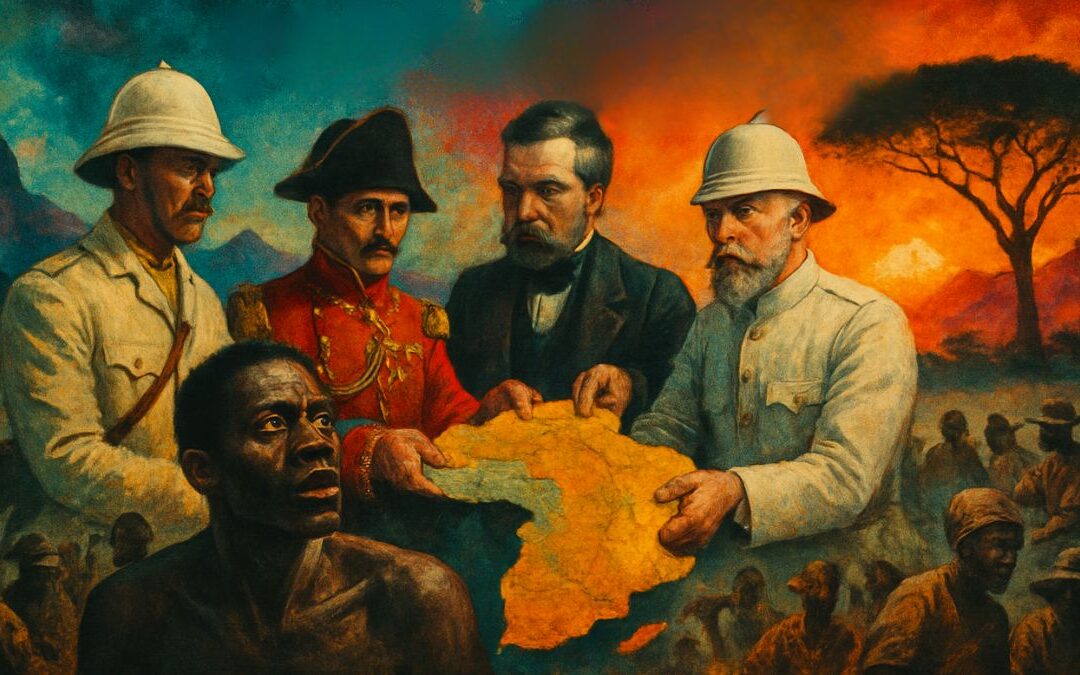Transcript
Types of government
republic: a state governed by representatives and, usually, a president (e.g.USA, France)
monarchy: a state ruled by a king or queen (e.g. UK,Sweden)
federation: a union of political units (e.g. provinces) under a central government (e.g. USA)
democracy: government of, by and for the people
dictatorship: system of government run by a dictator
independence: freedom from outside control; self-governing
Presidential and parliamentary government (US and UK)
United States Presidential government: The powers of the President and the legislature (Congress) are separate. These branches of government are elected separately. The President is elected for a four-year term and can appoint or nominate high officials in government, including cabinet members (who advise) and federal judges. The President leads a major party, usually, but not always, the majority party in Congress. Congress consists of two houses, the House of Representatives and the Senate.
United Kingdom Parliamentary government: The government consists of a legislature (Parliament) and a Cabinet of Ministers from the majority party in Parliament. If no party has an overall majority, there may be a coalition government formed from more than one party. The Prime Minister is the head of the government and the leader of the majority party in the House of Commons. The Prime Minister selects high officials and heads the Cabinet. Parliament consists of two chambers, the House of Commons and the House of Lords. MPs are members of parliament elected from each constituency to the House of Commons.
Parliamentary elections
During a general election each constituency has to choose which politician it wants as its representative. Usually there are several candidates to choose from. These candidates are all standing (or running) for Parliament. They present the policies, i.e. their party’s plans. On polling day every adult goes to the polling station and casts a vote by marking a cross on their ballot paper. The candidate who gets the majority of votes wins the seat. If the vote is very close, the constituency maybe referred to as a marginal seat.










0 Comments